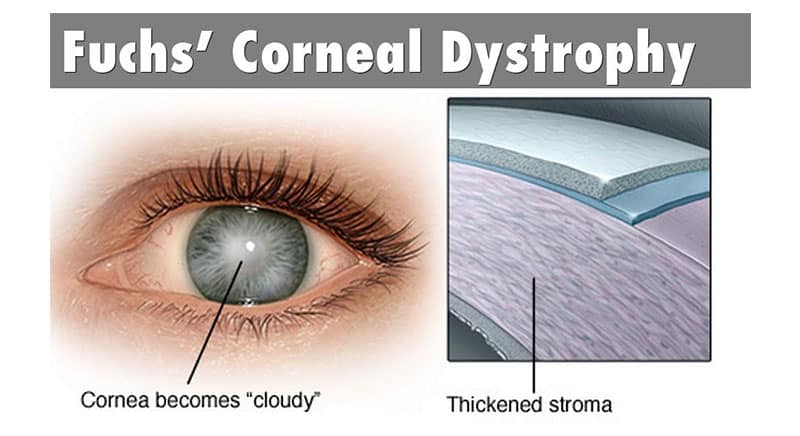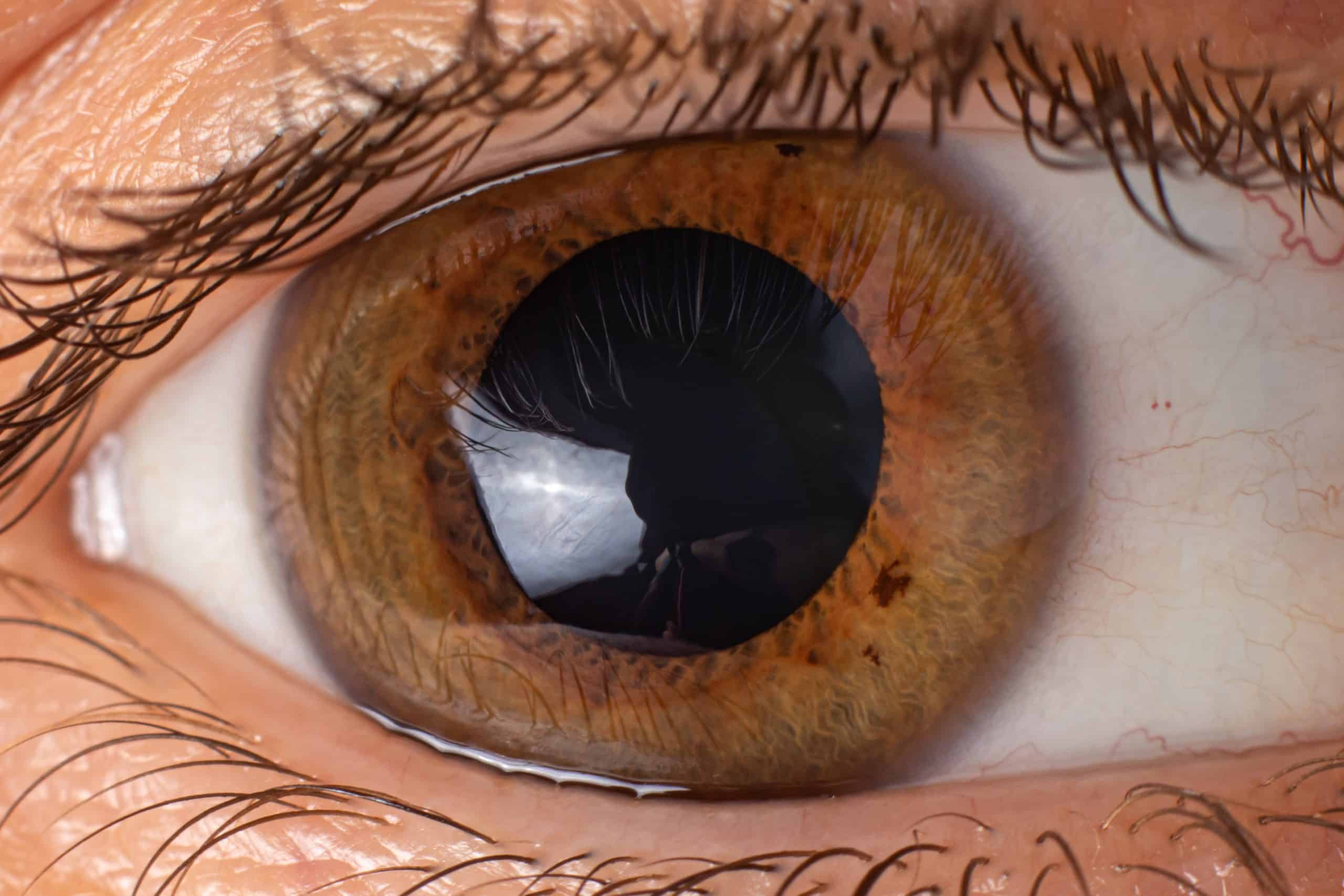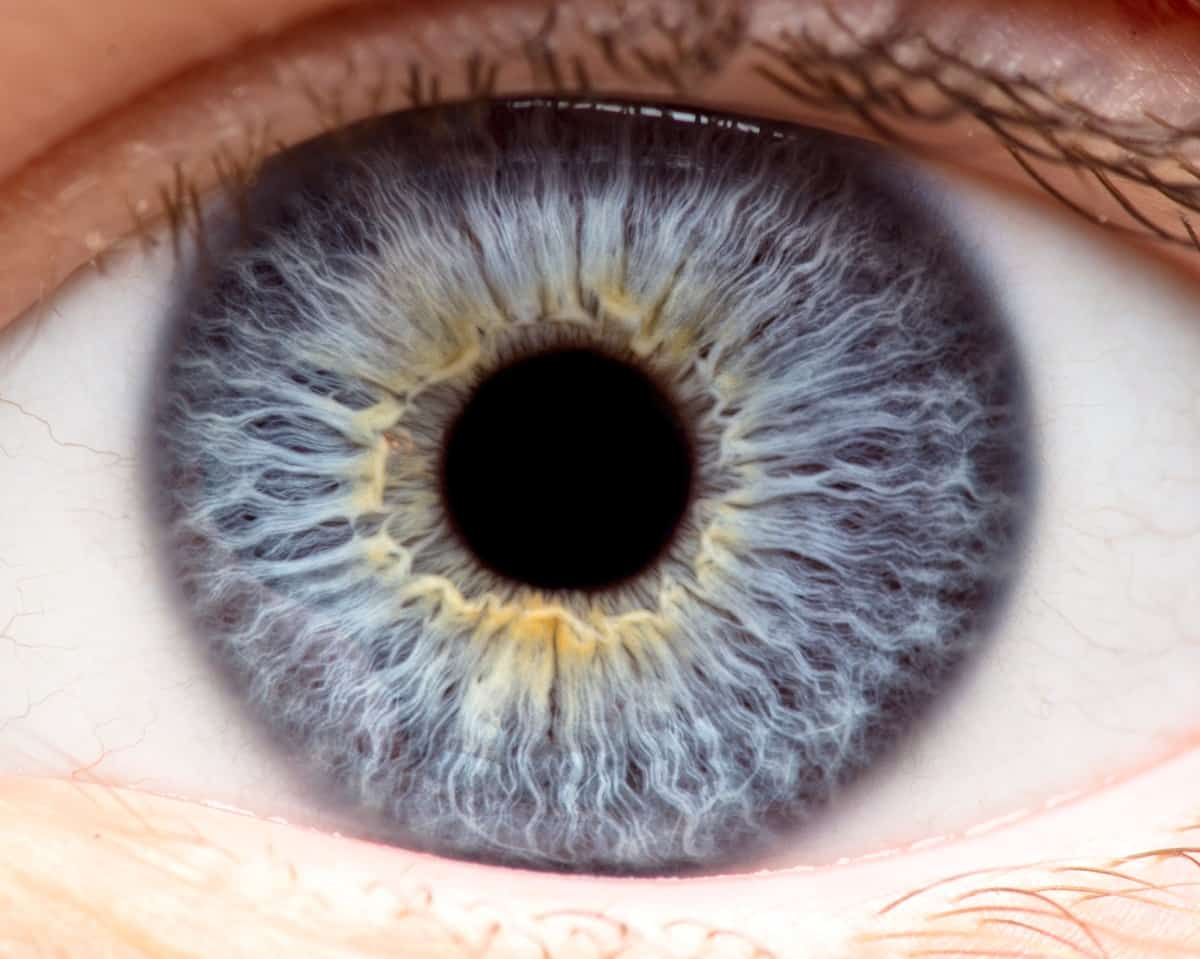Living with Fuch’s Dystrophy: Management and Treatment Options
Fuch’s dystrophy is an inherited eye condition that leads to impaired vision and eye discomfort. Symptoms of Fuch’s dystrophy, such as blurry vision and foreign object sensation in the eye, are often observed after age 50. As the disease progresses, the cell layer responsible for regulating eye fluid levels starts to die off, which causes the cornea to swell from fluid buildup. This swelling can severely impact vision and quality of life, which is why proper treatment and management of Fuch’s dystrophy is essential. Dr. Mittleman treats early- and late-stage Fuch’s dystrophy with effective solutions. Learn more about your options below.
Fuch’s Dystrophy Progression
It is important to realize that, while Fuch’s dystrophy can be treated, the condition cannot be cured. Our experts treat Fuch’s dystrophy according to the progression of the disease.
Early stage: In the early stages of Fuch’s dystrophy, you may not recognize symptoms. In fact, those under the age of 50 typically do not have symptoms. However, early signs of Fuch’s dystrophy may include blurred vision in the morning that clears as the day progresses, eye dryness, and headaches related to these eye problems.
Later stage: Later-stage Fuch’s dystrophy is usually accompanied by symptoms such as blurry vision that lasts throughout the day, the feeling of having dirt in your eye, and sensitivity to light. You may also have pain in the eye that is caused by blisters that form on the cornea that later burst open. Trouble seeing at night and the loss of corneal sensitivity are also common symptoms of Fuch’s dystrophy.
Treatment Options
In early-stage treatment of the disease, you may be prescribed medicated eye drops to help manage corneal swelling, which can help you see clearly. Some patients may even benefit from blowing warm air onto the face to help dry the surface of the cornea.
In later stages, a corneal transplant may be necessary if your vision has been severely impacted. This involves the removal of the diseased portion of the cornea before replacing it with healthy tissue from a donor. There are several methods from which your Mittleman Eye doctor will choose, such as penetrating keratoplasty, endothelial keratoplasty, and anterior lamellar keratoplasty. In some cases, you may be eligible for an artificial corneal transplant if a donor cornea is not an option.
Schedule Your Appointment Today
Managing Fuch’s dystrophy starts with regular eye appointments with skilled doctors who can effectively monitor and treat your condition. Patients can schedule an appointment directly using the online form, or they can call or text 561-500-2020.





















